On June 20, 2023, the New York State Assembly passed the LLC Transparency Act, (hereinafter referred to as “Act”), a groundbreaking bill set to enhance transparency and combat money laundering in the state of New York. The Act mandates the disclosure of all Beneficial Owners of Limited Liability Companies (“LLC”) formed within the state of New York and the creation of a database that will enable the public to search specific information regarding any particular LLC and its Beneficial Owners. For purposes of the disclosure, “Beneficial Owner” means an individual who owns or controls 25% or more of the LLC or any person who exercises substantial control in the activities of an LLC.
Currently, New York only requires the name of the LLC, the county in which the LLC’s office is located, an address for service of process, the name and address of the LLC filer and signature of the LLC’s organizer to be disclosed on the LLC’s Articles of Organization. Upon the enactment of this Act, all New York LLC’s and Beneficial Owners will now be required to disclose on their Articles of Organization the following: full legal name(s), date(s) of birth, current business street address(es), and identifying number(s) from government-issued IDs. Any amendment to the Beneficial Ownership of the LLC or to the information stated above would require the LLC to properly amend the Articles of Organization accordingly.
Concurrently, the Secretary of State will be mandated to maintain a public database which holds all the information required by an LLC. Since such information will be disclosed to the public, Beneficial Owners may seek a waiver to exclude the disclosure of his or her name and business address. However, to obtain this waiver, Beneficial Owners will need to make a strong showing of a need for confidentiality such as whistleblowers using LLC’s to file false claims act lawsuits and individuals participating in an address confidentiality program.
To ensure compliance, the Act imposes varying penalties for failing to disclose the above information to the New York Secretary of State. The penalties for noncompliance include being marked “past due” for failing to disclose within the first 30 days after forming the LLC. If the failure to disclose persists for a period of two years, the Beneficial Owner will be granted a 60- day notice to comply. However, failure to cure within that period will result in the issuance of a $250 civil penalty.
The passage of the LLC Transparency Act in New York is likely to have a heightened impact on the real estate market, investors and real estate lenders. Firstly, the increased transparency may influence investment decisions and strategies, such as potential investors reconsidering the use of LLCs for real estate holdings due to the additional disclosure requirements and potential impact on confidentiality. Secondly, and contrarily, lenders will obtain the benefit of having access to more comprehensive information about the Beneficial Owners of LLCs involved in real estate transactions, allowing for a more thorough risk assessment and due diligence process.
Lastly, with a publicly accessible database, LLC’s and their Beneficial Owners could experience increased scrutiny and due diligence by investors, lenders and regulatory authorities. This may affect negotiation dynamics and market perceptions going forward. Specifically, lenders may begin to place greater importance on the financial stability and credibility of the Beneficial Owners disclosed in the database when evaluating loan applications. This can, in turn, force lenders to adjust their lending criteria and terms based on the disclosed information, potentially impacting the financing options available to LLC’s.
Overall, understanding the impact of the LLC Transparency Act is essential for all real estate investors and lenders moving forward. The Act will have its benefits, but will most certainly begin to create new obstacles that investors and lenders will need to adapt to in the always evolving New York real estate market.




